Today’s readings
In every age of the world, people have needed hope. Because in every age of the world, there has been unbelievable hardship. There has always been war, and disease, and poverty, and oppression, and alienation, and all the rest. There has always been sin, and broken relationships, and impure desires and that feeling of emptiness that hardens our hearts. Evil has run rampant from the fall of humanity and ever onward. And the weight of all of that could be crushing – if we didn’t have hope.
And I don’t need to be abstract about this. We certainly have been and still are dealing with one of the most prolific pandemics of our time. Just when we think things will go back to normal, a variant emerges that causes concern all over again. No one can agree on what to do to keep people well, and an illness becomes even worse: a source of division, as if we needed another one. Our pulling out of the endless conflict in Afghanistan causes renewed violence in the region. Wildfires are destroying whole regions and are plaguing ever more locations of the earth, and violent weather batters many other places. In our own lives we have the illness and death of loved ones; family members alienating one another; loss of employment; and that’s just to name a few. There’s no way we could live with all that – if we didn’t have hope.
And I don’t mean hope in the Pollyanna sense. I’m not going to tell you, “don’t worry – everything will work out all right” because, honestly, some things just won’t. The hope that I think we can find in today’s Liturgy is the theological virtue that reminds us that this is not all there is; this is not as good as it gets. Our readings remind us that there has been and still is, and perhaps always will be incredible evil in this world, but evil doesn’t get the final say – not for Jesus, not for Mary, and not for us. One look at the way things work in our world and in our lives could convince us that this has all been an unbelievable failure – if we didn’t have hope.
Today, we joyfully celebrate the Assumption of the Blessed Virgin Mary, which dates back to the very earliest days of the Church, all the way back to the days of the apostles. It was known that Mary had “fallen asleep” and that there is a “Tomb of Mary” close to Mount Zion, where the early Christian community had lived. The Council of Chalcedon in 451 tells us that, after Mary’s death, the apostles opened the tomb, finding it empty, and concluded that she had been taken bodily into heaven. The tradition was spoken about by the various fathers of the Church, and in the eighth century, St. John Damascene wrote, “Although the body was duly buried, it did not remain in the state of death, neither was it dissolved by decay … You were transferred to your heavenly home, O Lady, Queen and Mother of God in truth.” The current celebration of Mary’s Assumption has taken place since 1950, when Pope Pius XII proclaimed the dogma of the Assumption of Mary in his encyclical, Munificentissimus Deus, saying: “The Immaculate Mother of God, the ever-virgin Mary, having completed the course of her earthly life, was assumed body and soul into heaven.”
The hope that we find in the doctrine of the Assumption is summed up in the Preface to today’s Eucharistic Prayer, which I will sing in a few minutes. Listen to the beautiful words of that prayer:
For today the Virgin Mother of God
was assumed into heaven
as the beginning and image
of your Church’s coming to perfection
and a sign of sure hope and comfort to your pilgrim people…
The Church knows well that our pilgrim way in this world would be filled with evil. But the Church courageously believes that this world’s experience isn’t the be-all and end-all of our existence: we have much to look forward to in the life to come. Our Savior himself foretold as much in John’s gospel when he said, “I have told you this so that you might have peace in me. In the world you will have trouble, but take courage, I have conquered the world.” (John 16:33) This, brothers and sisters in Christ, is our hope, and this is the hope that we celebrate today.
The reason the Church reveres Mary as much as she does, and celebrates this feast with so much joy, is because Mary’s life is the icon of the Church. What is important for us to see in this feast is that it proclaims with all the joy the Church has at her disposal that what happened to Mary can happen and will happen for us who believe. We too have the promise of eternal life in heaven, where death and sin and pain will no longer have power over us. Because Christ caught his Blessed Mother back up into his life in heaven, we know that we too can be caught up with his life in heaven. On that great day, death, the last enemy, will be completely destroyed, as Saint Paul tells us today. That is our hope: our unbelievably gracious, completely unmerited, lovingly-bestowed hope.
Mary’s life wasn’t always easy, but Mary’s life was redeemed. That is good news for us who have difficult lives or fine it hard to live our faith. Because there are those among us too who have family lives that are made difficult by external circumstances. There are those among us whose children go in directions that put them in danger. There are those among us who have to watch a child die. But because Mary suffered these sorrows too, and yet was exalted, we can hope for the day when that which she was given and which we have been promised will surely be ours. We can and do hope in this salvation every day of our lives. It’s what makes our lives livable; it’s what gives us the strength to keep going, in the midst of so much difficulty.
Today’s readings can seem pretty fantastic, in the sense that we don’t know what to believe about them. The reading from revelation has a dragon sweeping a third of the stars from the sky, and a child being caught up to heaven. But really, I don’t think that’s too hard to grasp. We have all been through things in our lives when it felt like a third of the stars had fallen out of the sky. There is that evil dragon that seeks us out and wants to devour the hope that we have, but the child of that hope has been taken up to heaven, and we can go there one day too, if we believe, and repent, and cling to Christ who is our hope.
Mary’s song of praise in today’s gospel reading, which the Church prays every evening in Vespers, echoes the hope we have in this feast of the Assumption:
He has come to the help of his servant Israel
for he has remembered his promise of mercy,
the promise he made to our fathers,
to Abraham and his children forever.
Life is hard. It always has been, and probably always will be. But this life is not all there is. As we walk through this life on our pilgrim way to God’s kingdom, we walk always in the presence of our God who sees us, who notices our pain and sorrow, who grieves with us and laughs with us, who never lets go of us, and who gives us hope beyond anything we deserve. As we live our lives here on earth, we find ourselves straining toward heaven, looking up for our redemption, knowing that where Mary has gone, we hope to follow.
Pray for us, O holy Mother of God, that we may be made worthy of the promises of Christ.
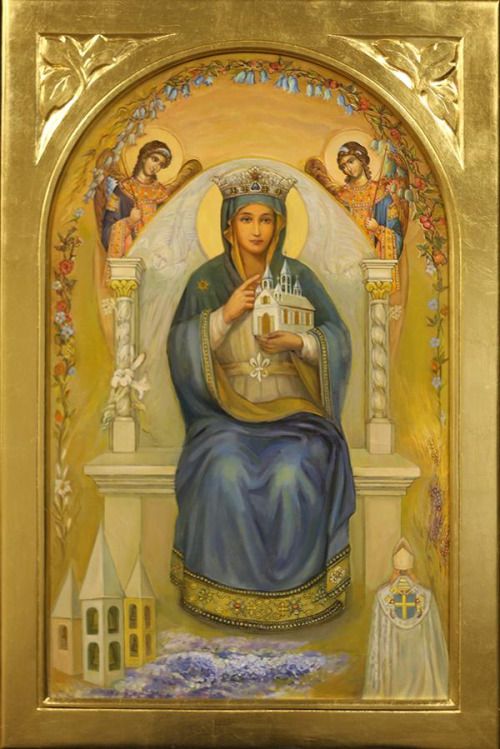
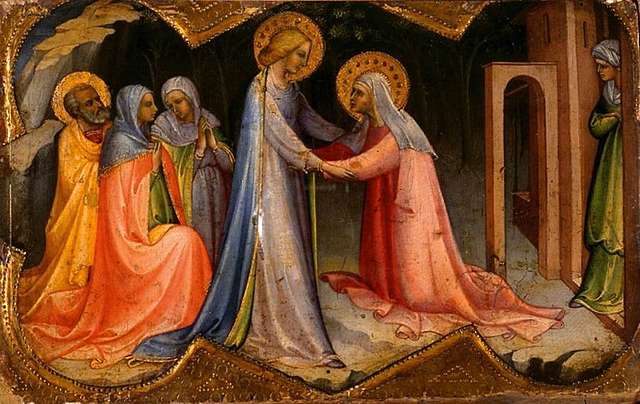
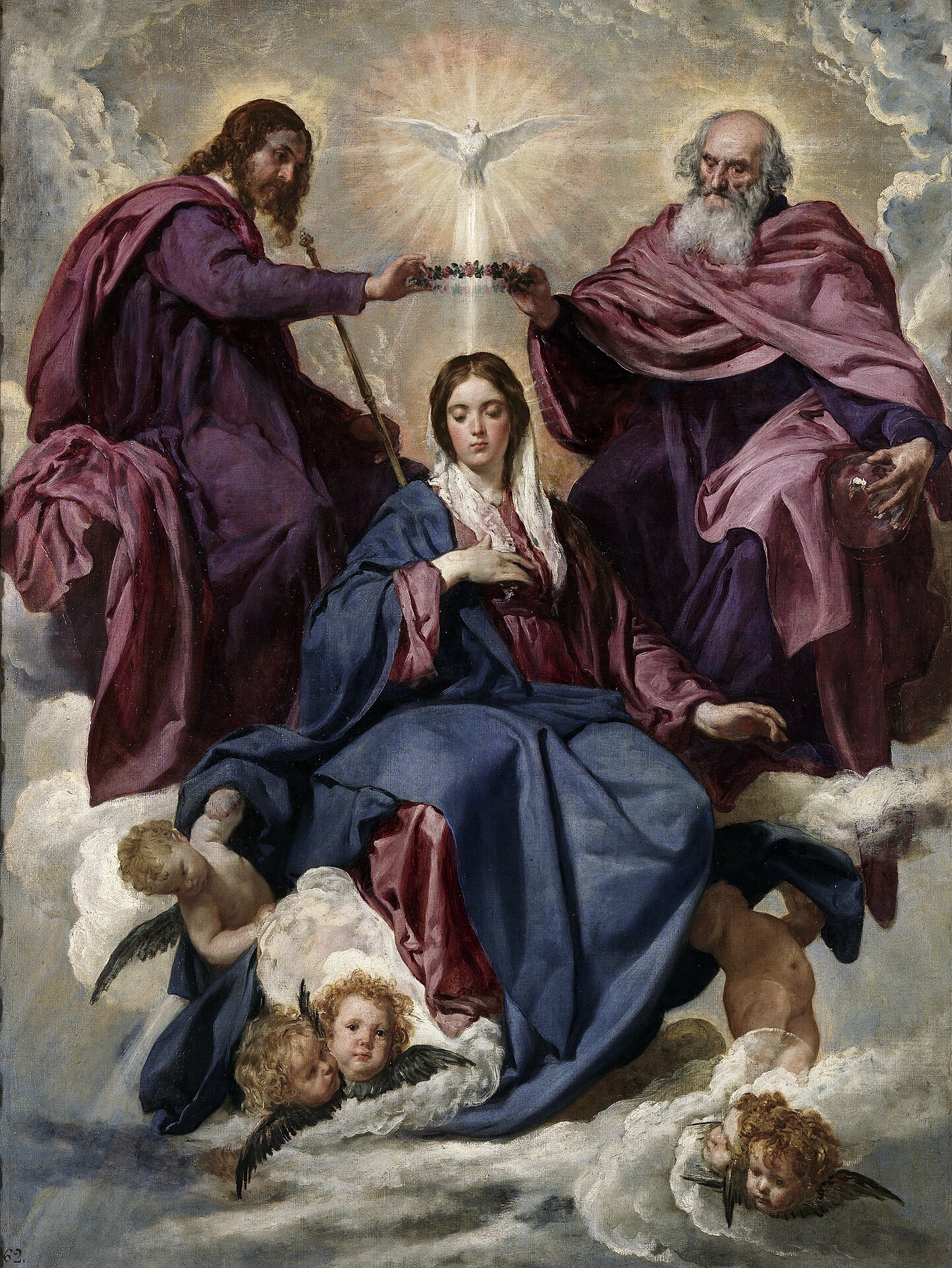
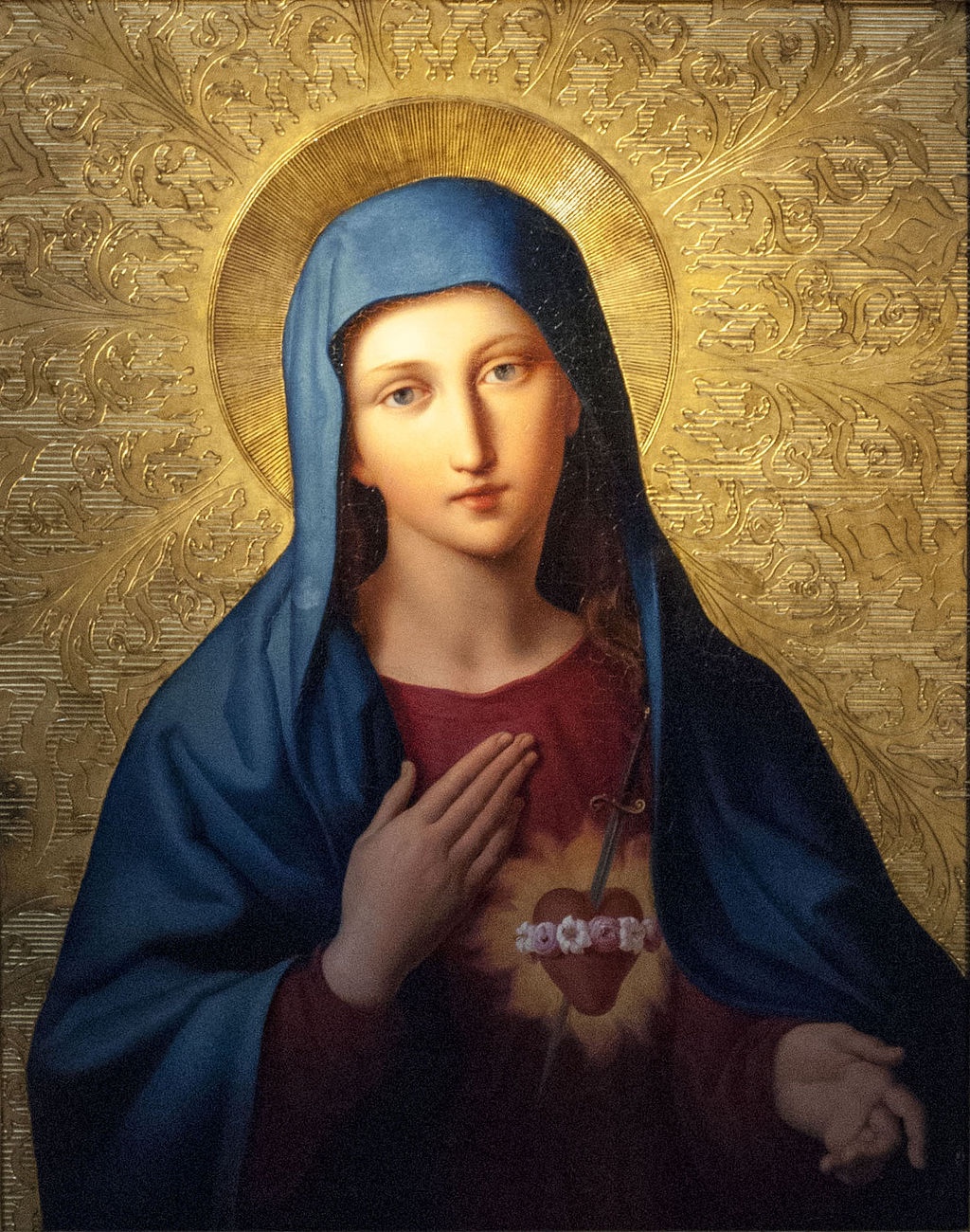
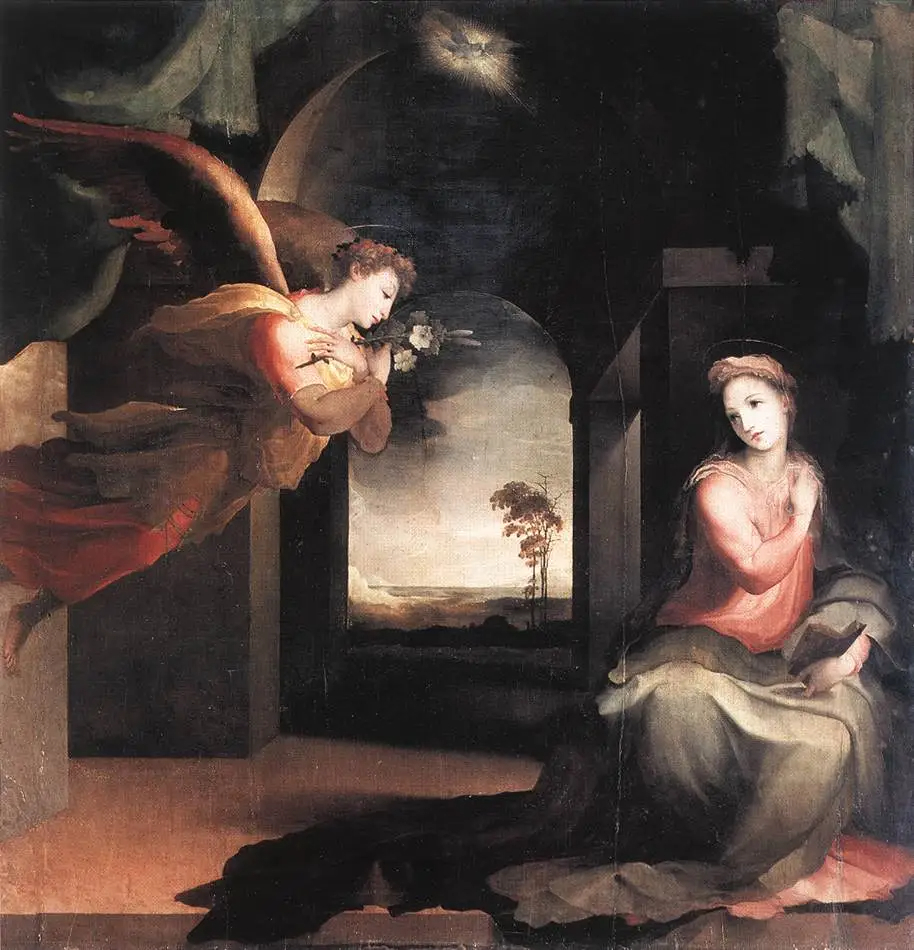
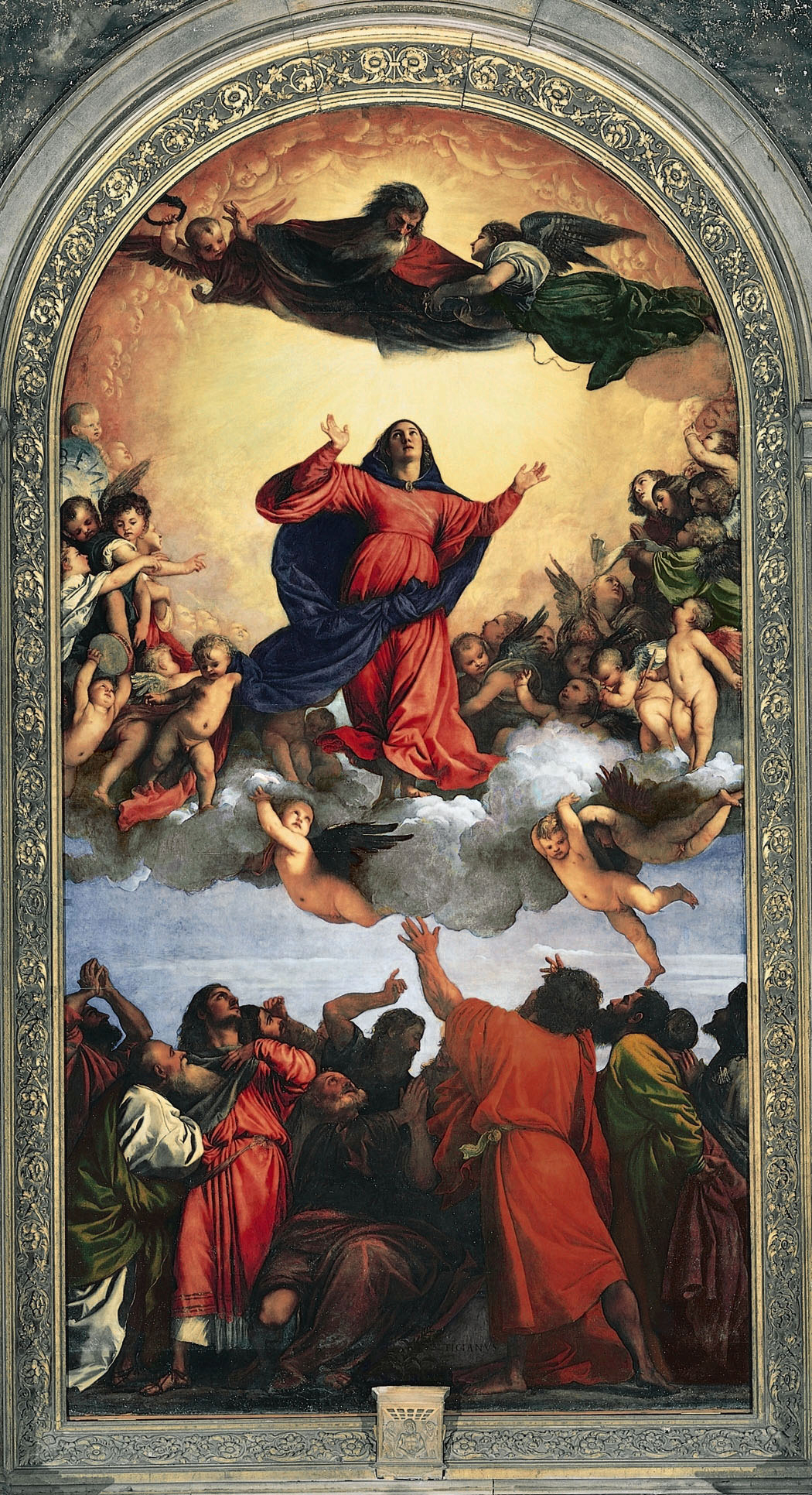
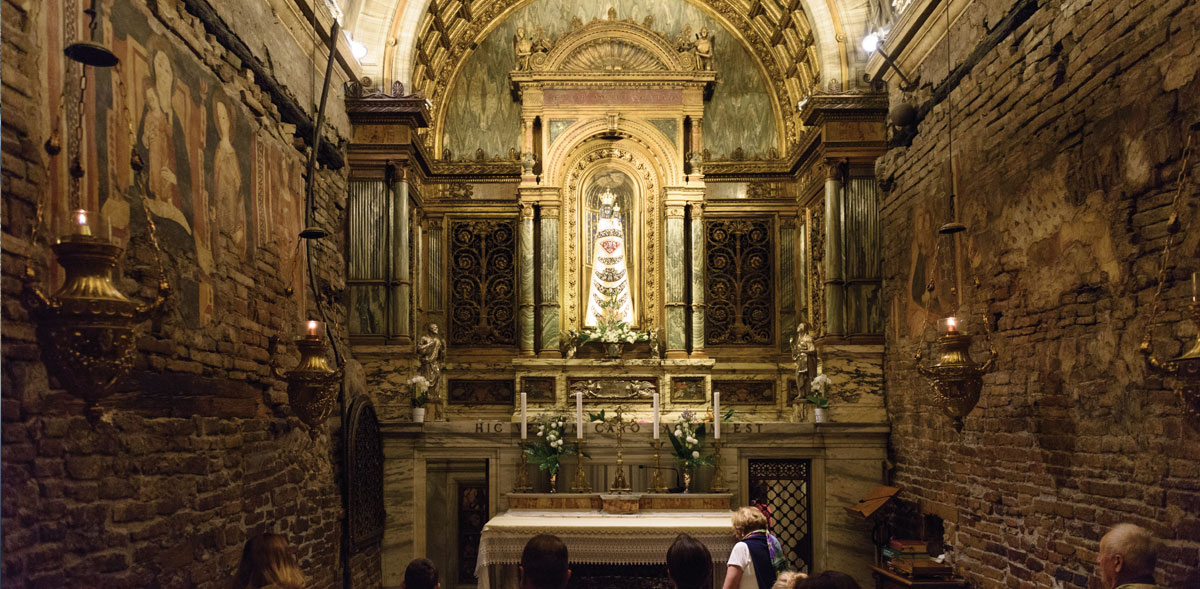
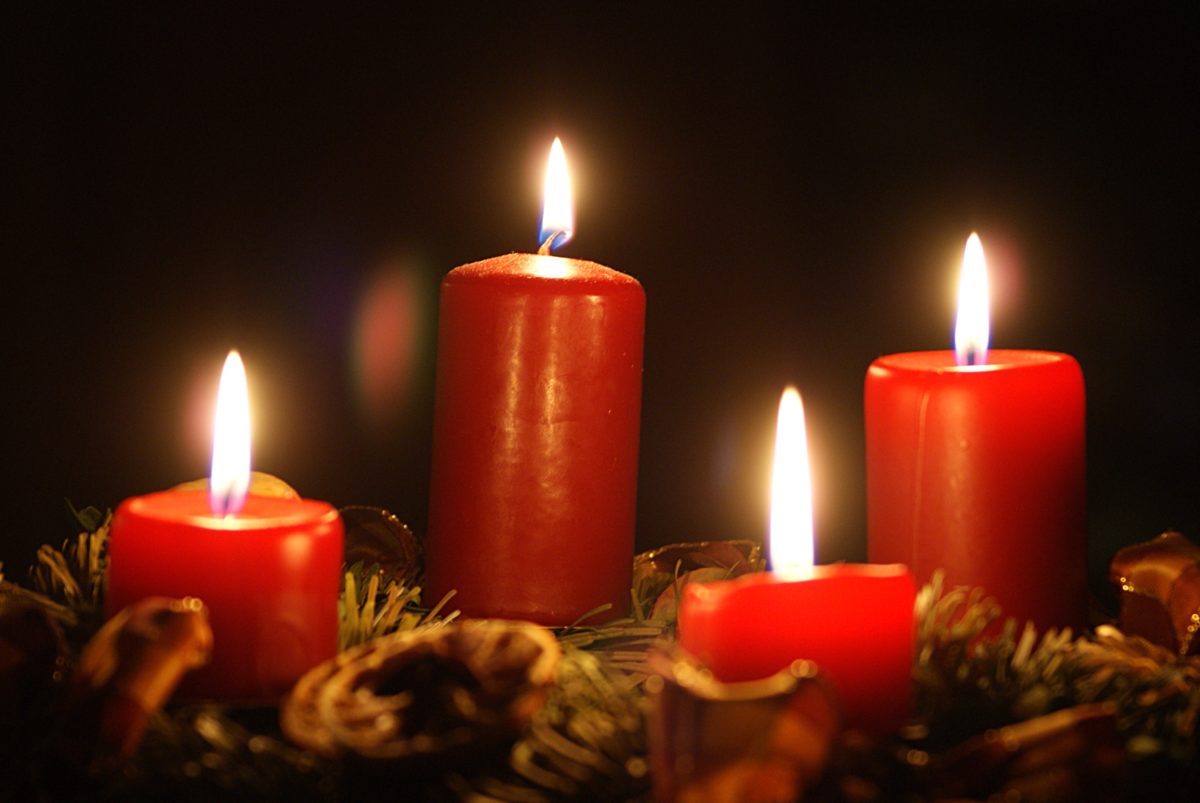
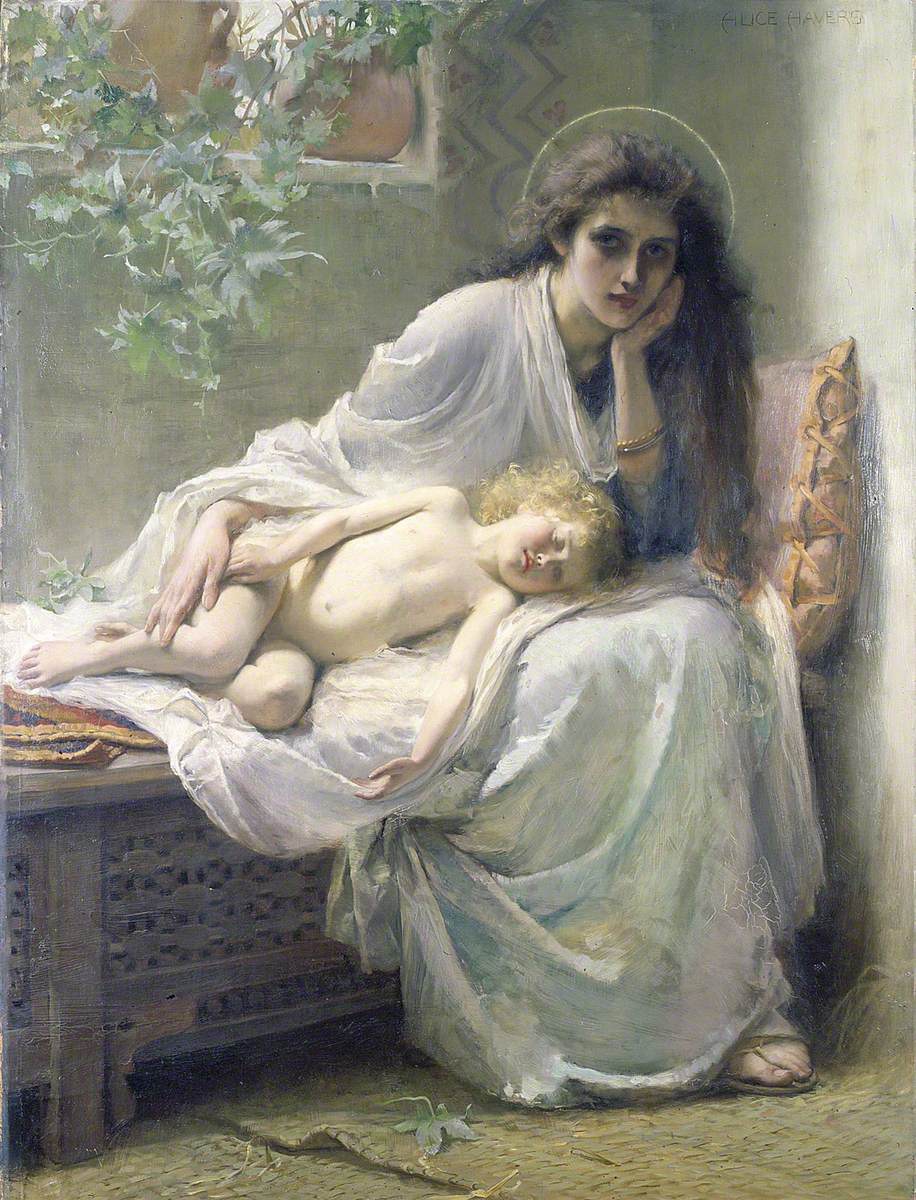
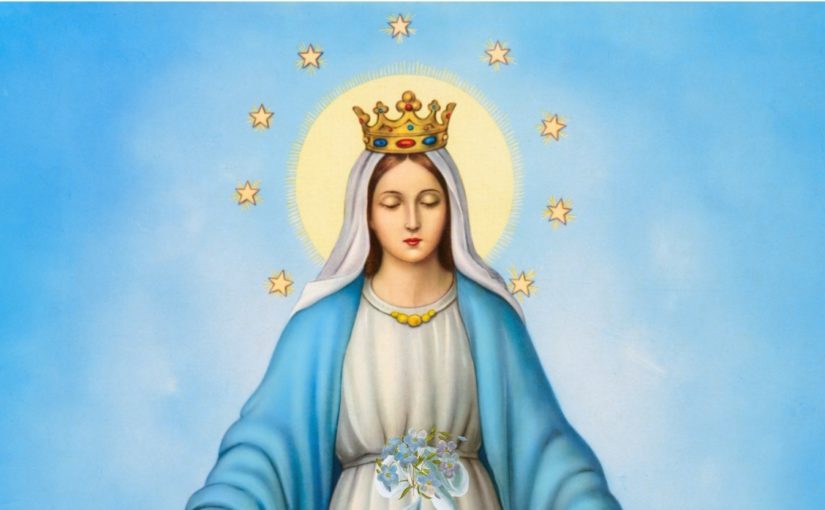
You must be logged in to post a comment.